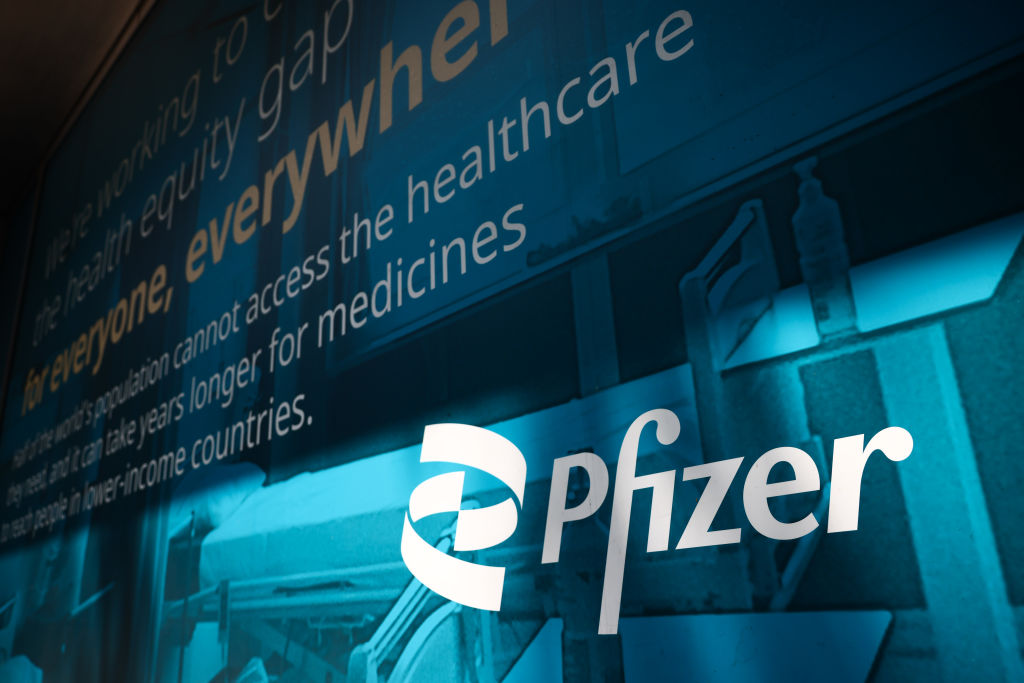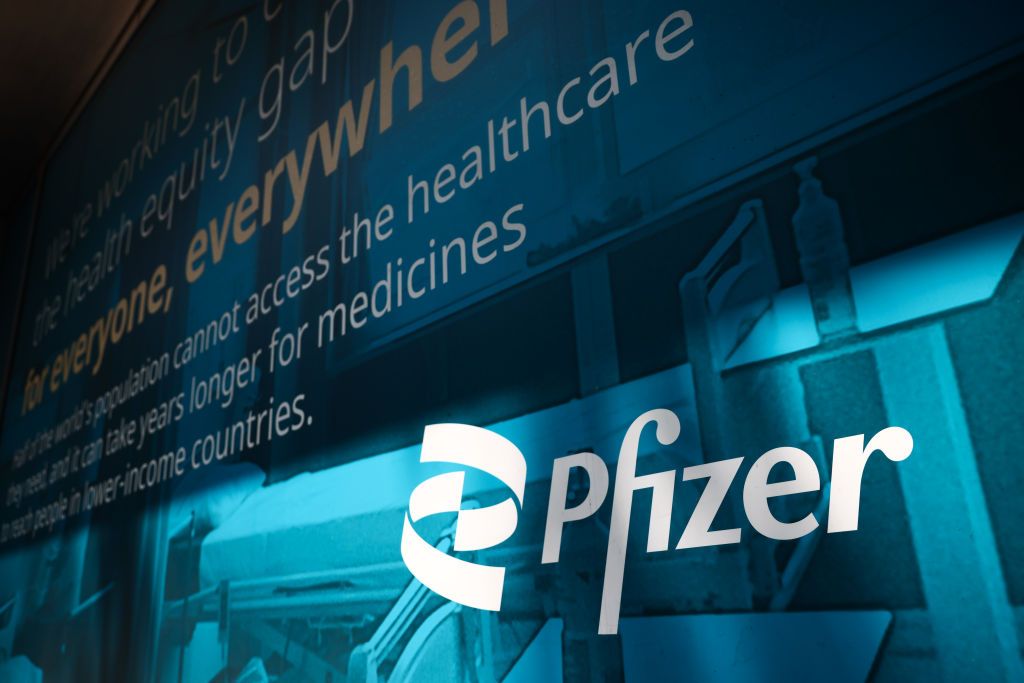
Shares in American drug giant Pfizer rose by 3% this week after it emerged that US activist investor Starboard Value has built a stake of $1 billion and has contacted former executives about “turning around the struggling pharmaceuticals giant”, says Alex Ralph in The Times. Pfizer became a household name in the UK during Covid thanks to its partnership with BioNTech, which rapidly produced a vaccine, resulting in record revenue of more than $100 billion in 2022.
However, this fillip has ebbed and Pfizer has struggled to replace “dwindling” sales of major blockbusters with new drugs. It has also faced “cut-price competition” for older best-selling drugs. Pfizer’s shares have suffered a fall of more than 50% from their peak in December 2021, says Bloomberg. Attempts to jump into the obesity market have delivered one drug that “flopped entirely”, with trials of another twice-daily pill discontinued because of side effects.
Meanwhile, “numerous expensive deals” under Bourla have also failed to turn the stock around, with Pfizer having to recall a drug for sickle-cell anaemia that came through Pfizer’s 2022 acquisition of Global Blood Therapeutics for $5.4 billion. Even the “promising stable of cancer drugs” acquired when it bought Seagen for $43 billion “will take a while to yield big returns”.
Sign up to Money Morning
Don’t miss the latest investment and personal finances news, market analysis, plus money-saving tips with our free twice-daily newsletter
Don’t miss the latest investment and personal finances news, market analysis, plus money-saving tips with our free twice-daily newsletter
Did Pfizer lose an opportunity?
It looks as though Pfizer “frittered away a massive opportunity” by using its Covid cash to help fund a load of “questionable acquisitions”, which cost a total of $70 billion. Starboard Value will, therefore, find “fertile ground” if it pushes Pfizer away from the “overly ambitious” strategy of current CEO Albert Bourla and back towards the “parsimony” of predecessor Ian Read. After all, under Read, who exited two big businesses and spun off Pfizer’s animal health unit, “shareholders tripled their investment”.
Still, Bourla seems to have finally got the message about the folly of his “overpriced deals” over the past few years, having announced large cost cuts of $4 billion this year and another $1.5 billion between 2025 and 2027, says Lex in the Financial Times. And while activist involvement “could usefully impose more discipline” on Pfizer, this should not be pushed too far – “swearing off portfolio development is not an option in innovative pharmaceuticals”. Furthermore, Pfizer has already “streamlined” its business, so there is less room for further asset sales.
There are few “easy changes” Pfizer can make to “right itself quickly”, says Jared S. Hopkins in The Wall Street Journal. It could exit from certain businesses, such as hospital products, that might not be viewed as part of its “innovative core”, but its $57.5 billion debt means it will have to rely on internal research and development (R&D) “to show the way to a new course”. This may be a problem for shareholders as the company “lacks a major catalyst”, such as the results of an important study or a major new drug approval, that could provide a “near-term boost”.
This article was first published in MoneyWeek’s magazine. Enjoy exclusive early access to news, opinion and analysis from our team of financial experts with a MoneyWeek subscription.



